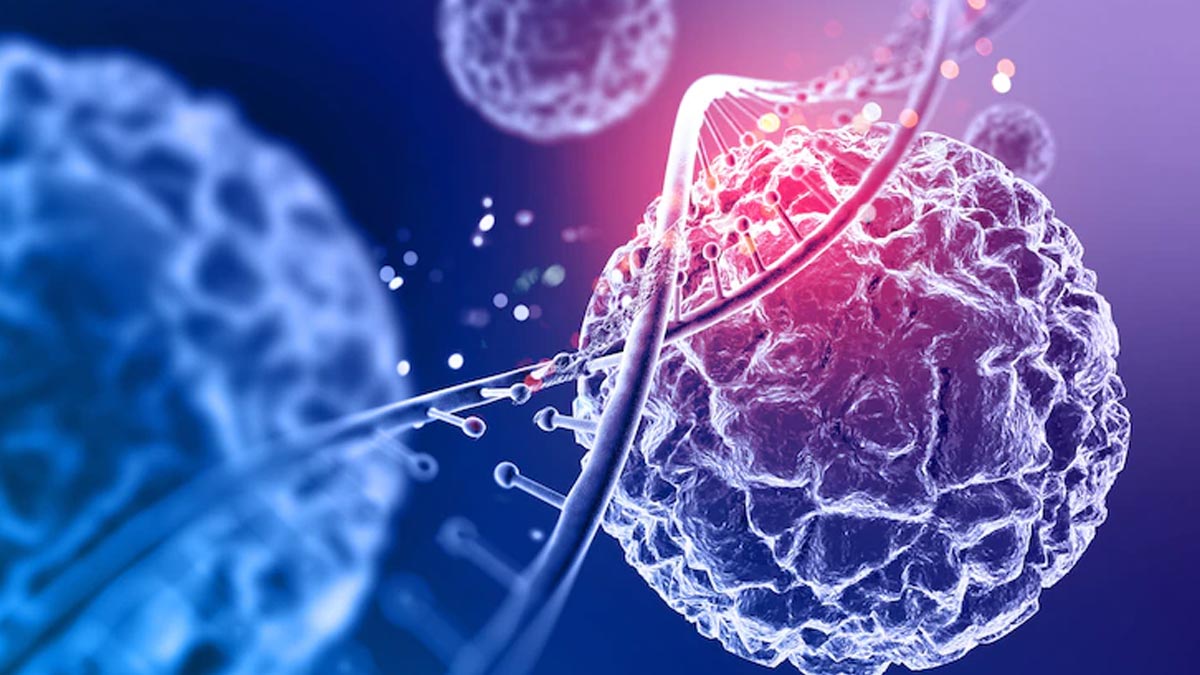
Cancer screening is important for the early discovery and successful treatment of many cancers. Early detection and prevention are critical. It results in improved treatment outcomes, lower mortality rates, and less aggressive procedures. Screening detects high-risk individuals, enables preventive steps, and provides peace of mind. Early detection reduces problems, healthcare expenditures, and patient and system strain.
With advances in technology, digital health solutions are transforming cancer screening methods, making them more accessible, efficient, and effective. These innovative tools are empowering doctors and patients alike, leading to improved outcomes in cancer prevention and treatment.
1. Telemedicine and Remote Consultations
“Telemedicine has emerged as a game-changer in cancer screening. Through virtual consultations, doctors can remotely access a patient's symptoms, provide personalised recommendations, and order necessary tests,” said Ms Manisha Kumar - Cluster COO, HCG Cancer Centre, Bangalore. This approach is especially valuable for patients in remote or underserved areas, eliminating geographical barriers to accessing quality care.

Also read: 6 Leading Causes Of Lung Cancer In India
2. Mobile Health Applications (Apps)
Mobile health apps are revolutionising how individuals manage their health, including cancer screening. From apps that track symptoms and risk factors to those that remind patients about screening appointments, these digital tools empower patients to take a proactive role in their healthcare journey. Additionally, some apps enable self-assessment for certain cancers, facilitating early detection and timely intervention.
3. Artificial Intelligence (AI) in Imaging
“AI-powered algorithms are transforming medical imaging and cancer detection. Through machine learning, AI can analyse medical images, such as mammograms and CT scans, with unmatched accuracy. These AI-driven systems can detect subtle abnormalities, assisting radiologists in identifying potential cancerous lesions at an early stage, thus improving overall diagnostic accuracy,” Ms Kumar added.
Also read: Empowering Women's Health: Advances in Uterine Cancer Treatment
4. Liquid Biopsies and Circulating Tumour DNA (ctDNA) Testing
Digital health solutions have enabled the development of liquid biopsies, a non-invasive method for cancer screening. These tests analyse circulating tumour DNA in a patient’s blood, allowing for the detection of cancer-specific genetic mutations. Liquid biopsies offer a promising avenue for early cancer detection, monitoring treatment response, and identifying potential relapses.
5. Personalised Risk Assessment
Digital health tools can leverage vast data sets and genetic information to provide personalised risk assessments for cancer. By analysing an individual, health history, lifestyle factors, and genetic predisposition, these solutions can identify high-risk patients who may benefit from early and more frequent cancer screening.
6. Enhanced Data Analytics and Population Health Management
Digital health solutions enable healthcare providers to gather and analyse large datasets from
diverse sources. This information facilitates population health management, identifying trends and patterns related to cancer incidence, risk factors, and outcomes. Improved data analytics can guide public health efforts, optimise screening programs, and target high-risk populations for intervention.
Digital health solutions are redefining the landscape of cancer screening and care, empowering both healthcare providers and patients. As digital health continues to evolve, the synergy between technology and healthcare is paving the way for a future where cancer becomes more preventable, manageable, and ultimately, more conquerable. Embracing these advancements can lead to a world with reduced cancer-related mortality and improved quality of life for cancer survivors.







